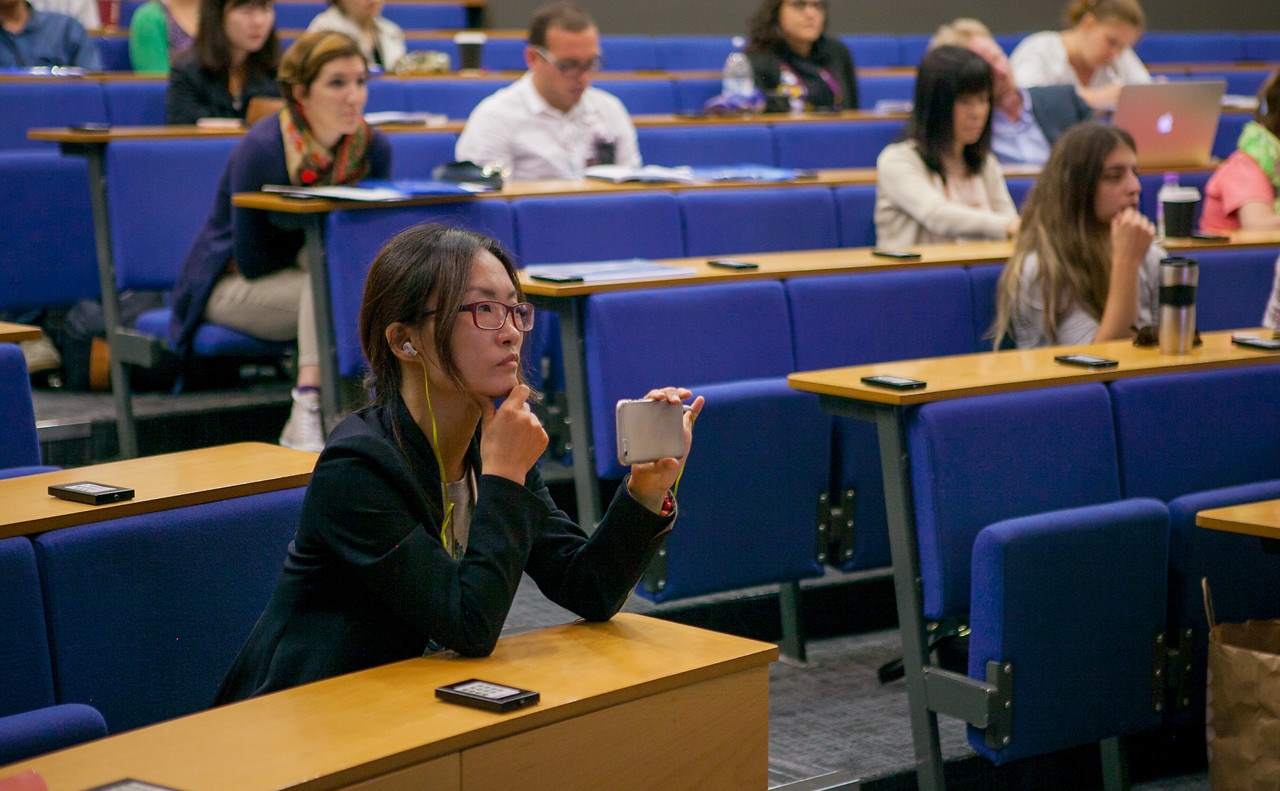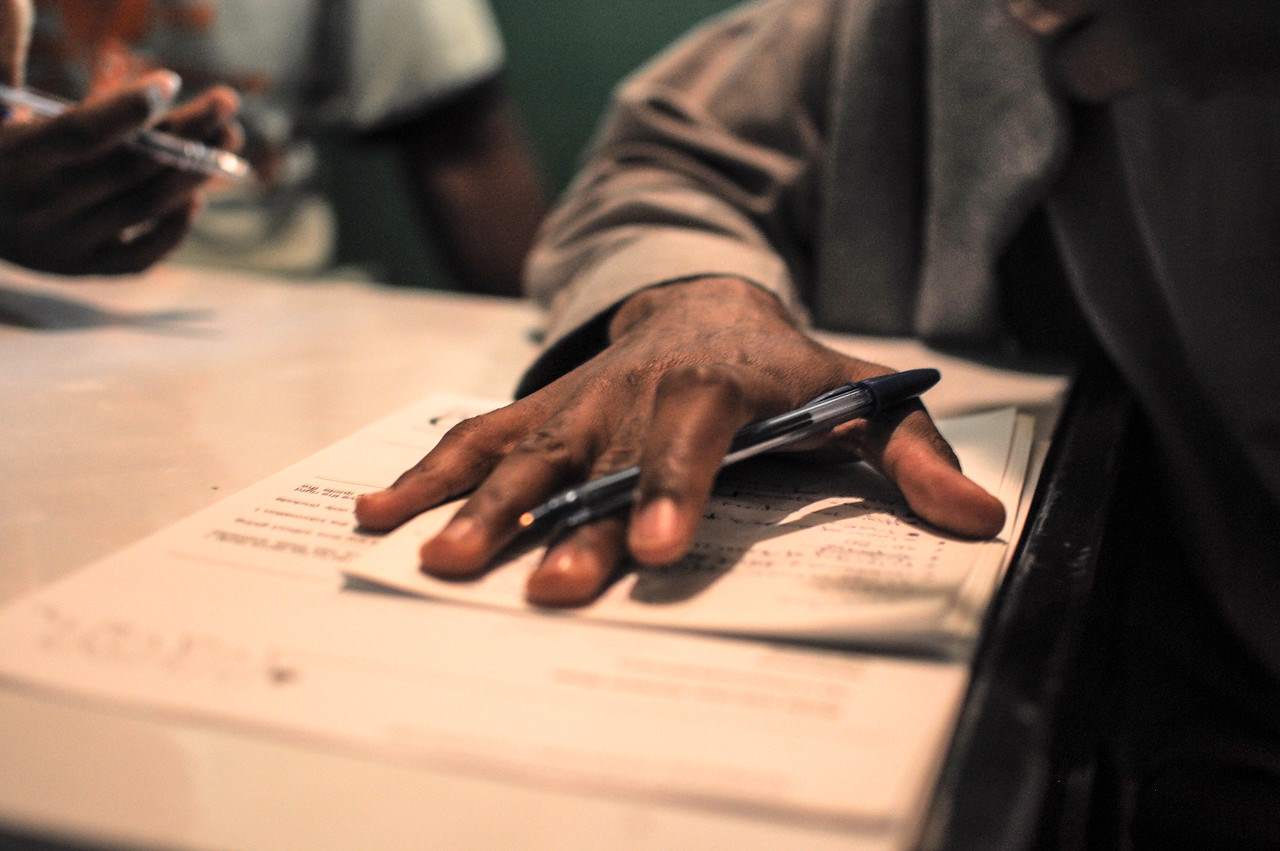UK international graduates from East Asia: careers, earnings, jobs and mobility

This aim of this project is to investigate the career trajectories, earnings and social mobility of East Asian graduates of UK universities once they return home.
About this project
To enhance their students’ global competitiveness, governments around the world, particularly in Asia, are placing more emphasis on internationalising student learning to foster the global knowledge, skills, and languages necessary for their graduates to perform professionally and socially in international, multicultural environments.
Student mobility patterns are changing, with an increasing number of East Asian students choosing to study abroad. According to Chinese government statistics, there were 413,900 and 459,800 overseas-bound students in 2013 and 2014 respectively.
This project provided the first longitudinal data on the socio-economic position of students and graduates of UK universities returning to East Asia, focusing on career trajectories and economic/social roles.
Previous studies suggest that East Asian graduates who have studied overseas have better employment opportunities than their local counterparts, and higher salaries. These graduates also tend to have careers in private rather than state-owned businesses.
The research addressed the following questions:
- What are the effects of onshore international education in the UK, in relation to the career trajectories, earnings and social mobility of international graduates who return to East Asia?
- What career-related services do UK HEIs provide for these international students and graduates?
Policy implications
This project had implications for government policies addressing changing regional/labour markets, and the extent to which immigration and higher education policies are appropriate for attracting global talent.
Other impacts of this project included enabling universities to be more sensitive to the needs and expectations of international students (in terms of career advice and the provision of services), and reflecting development trends of international and transnational higher education in the UK and Asia.
Project methods
The research covered students/graduates from China, Hong Kong, Taiwan, South Korea, Singapore and Malaysia. A representative survey group of 40 UK HEIs, including 10 HEIs with transnational education (TNE) programmes in Asia. Working through UK HEI alumni offices (especially in East and Southeast Asia), a sample of 20, plus international graduates from each HEI ( 800 in total ) were surveyed on their employment history and position, earnings and career intentions.
During years 2-3, we interviewed a selection of 200 graduates two more times to closely assess the impact of international education on career and social mobility.
The TNE control group enabled a distinction between mobile and non-mobile international education.
We conducted 10 selected studies (about 30 interviews in total) with businesses and other organisations employing the graduates to explore possible differences between these UK graduates and local graduates in terms of their employment package, career development and mobility opportunities.
In addition, there were 40 interviews with UK HEI offices concerning the support provided to East Asian students/graduates in terms of careers and jobs.
The project ran from November 2016 to September 2019.
Team
Publications
- Mok, K.H. and Xiong, W.Y. (in press, 2020). Anti-Globalism and its impact on internationalization of higher education: Critical reflections on mainland China and Taiwan overseas returnees’ job searches and career development experiences, Higher Education Policy.
- Mok, K.H. (in press, 2020). Contesting globalisation and implications for higher education in the Asia-Pacific Region: Challenges and prospects, Higher Education Policy.
- Jiang, J., Mok, K.H. and Shen, W.Q. (2020). Riding over the national and global disequilibria: International learning and academic career development of Chinese PhD returnees. Higher Education Policy.
- Mok, K. H. (2018). Critical reflections on student learning, graduate employment and faculty development in Asia. Higher Education Quarterly.
- Mok, K.H. (2018). Promoting national identity through higher education and graduate employment: Reality in the responses and implementation of government policy in China. Journal of Higher Education Policy and Management.
- Mok, K. H., Han, X., Jiang, J. and Zhang, X. (2018). International and transnational education for whose interests? A study on the career development of Chinese students. Higher Education Quarterly.





